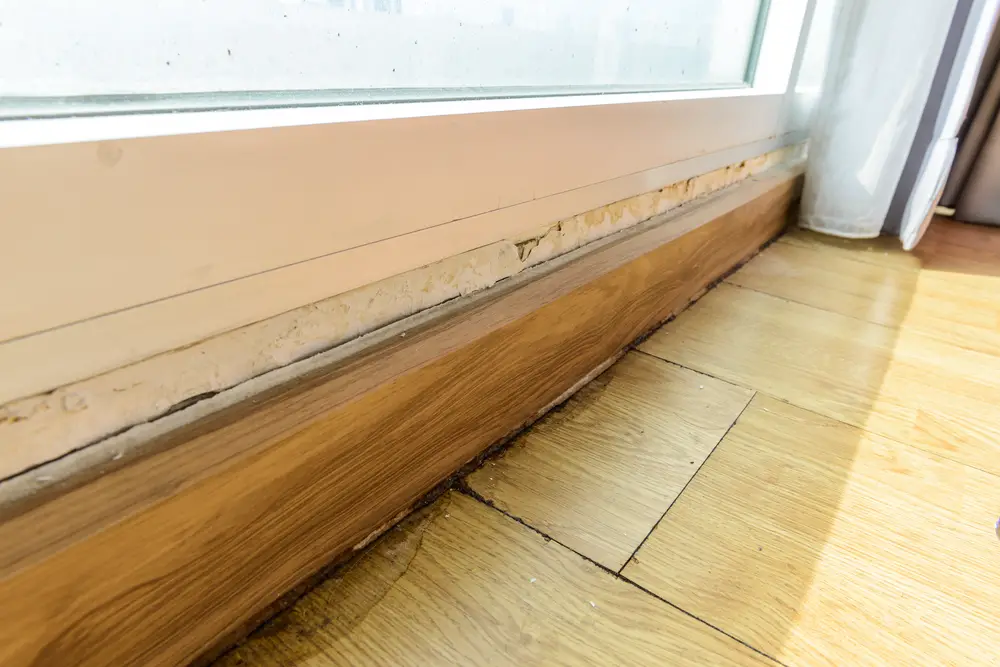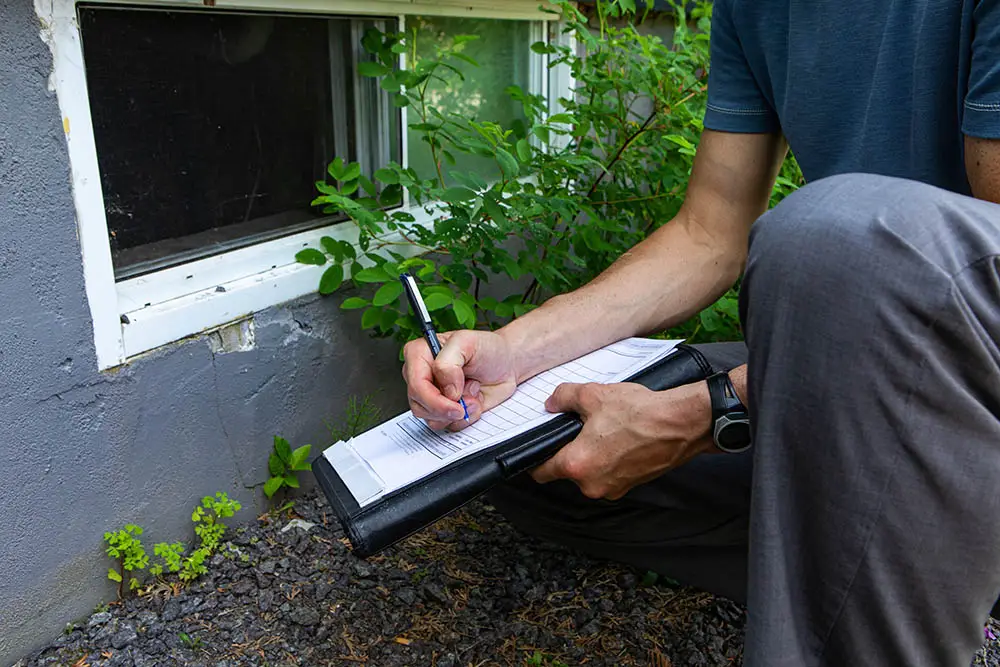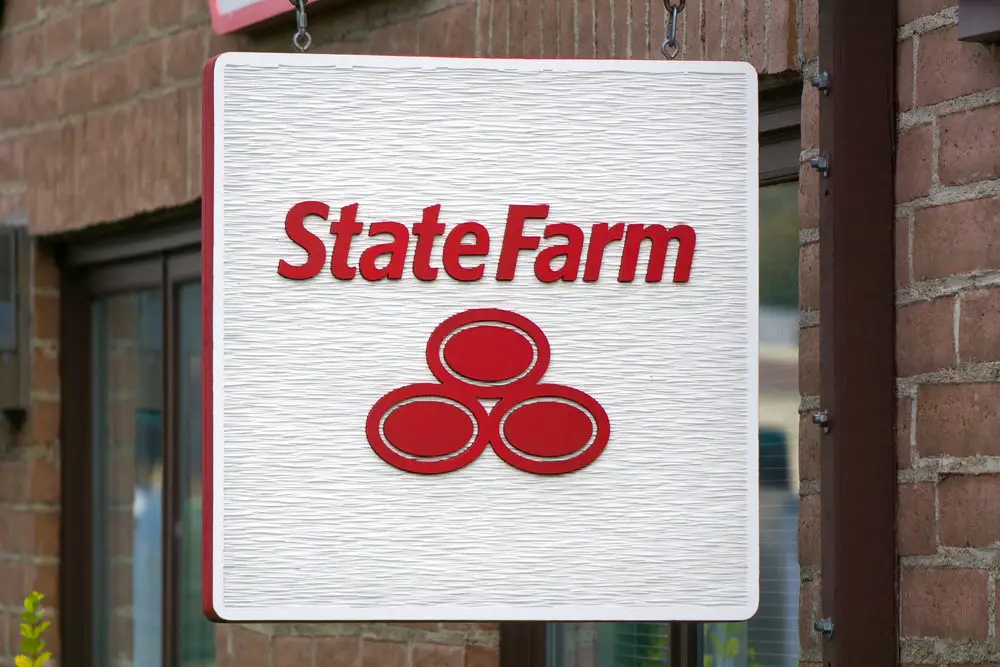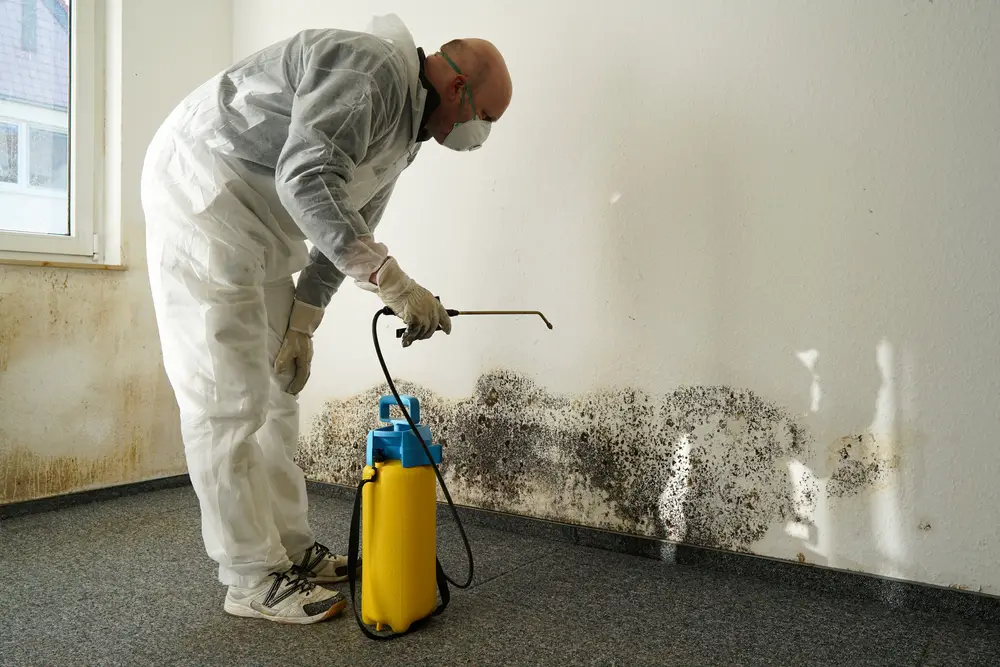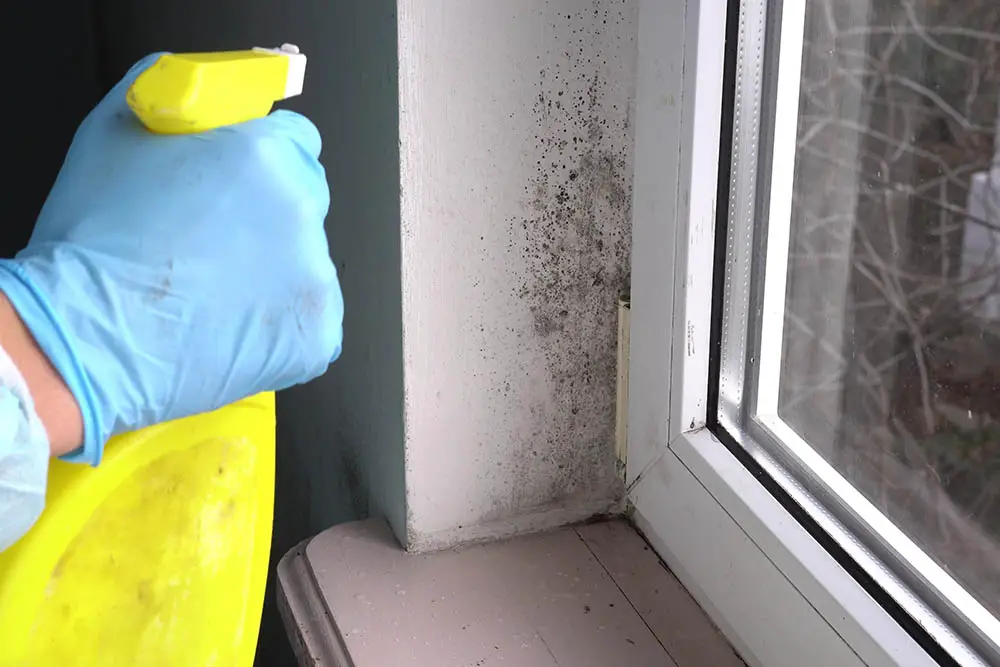Mold is the bane of most of our lives, isn’t it? There is nothing worse than finding mold damage and realizing you will have to spend your hard-earned cash on repairing it, especially if the mold isn’t your fault.
Floods, poorly built homes, and ventilation issues are some of the most common causes of mold, leaving many of us with expensive repairs that we can’t pay.
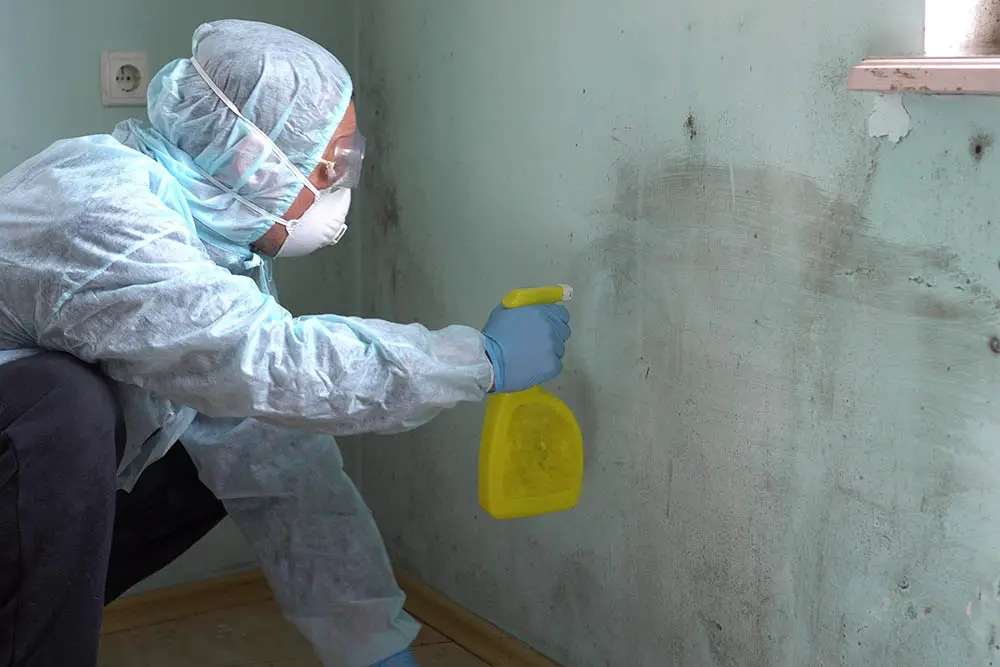
So what can we do? Is mold remediation covered under homeowners insurance?
That’s what we are here to find out! Keep reading to have all your mold queries answered.
Is mold remediation covered under homeowners insurance?
Typically, mold remediation is not covered under homeowners insurance, but that does not mean you cannot get cover.
Mold is viewed often as an issue that the homeowner can prevent with proper ventilation and treatments for existing mold.
It is, therefore, unlikely to be covered by insurance.
However, there are some exceptions. Your insurance can cover issues where the mold is out of your control, such as flood damage or poor workmanship, but you will need to check your insurance policy carefully for this information.
Most insurance companies also offer a mold insurance clause as an extra.
You can claim the costs of mold repair and any property damage caused by mold for an added cost.
However, not all companies offer this, and you will need to check what your insurance will cover types of mold remediation.
Is attic mold covered by insurance?
Generally, no attic mold is not covered by your insurance. There are some cases where the mold will be covered by your insurance, though.
If the mold was caused by water damage or a covered peril, for example, you can claim this on your insurance.
Be sure to check beforehand that your insurance covers this, as each policy varies.
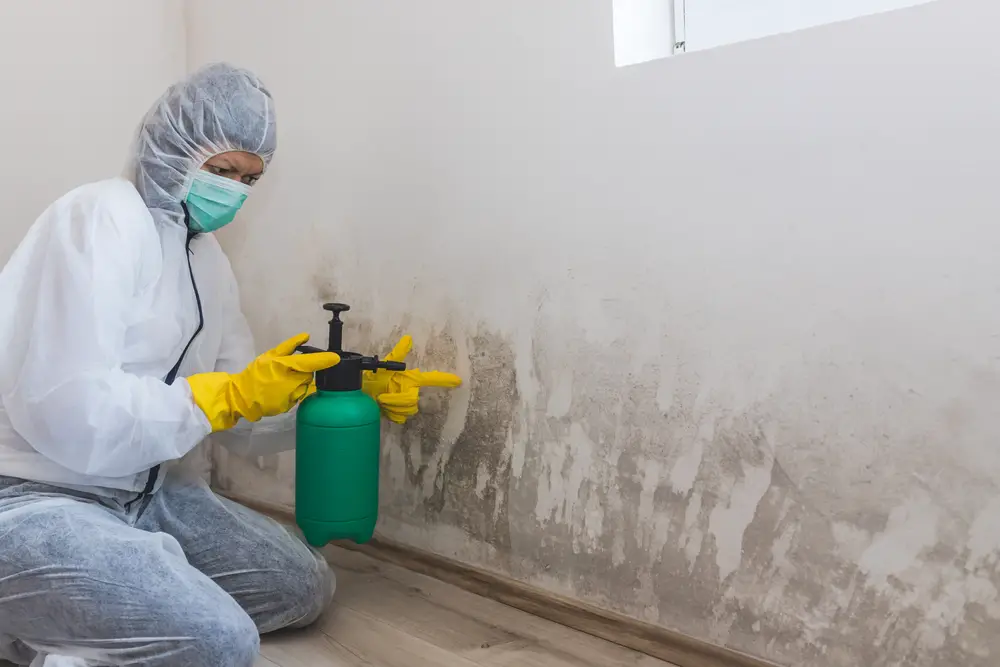
If you have mold listed as a covered peril on your insurance, you are likely to be covered for mold damage, and the insurance company can cover the cost of your repairs.
However, if roof damage causes the mold, the onus is more than likely to be on the homeowner to fix.
Those whose mold is caused by faulty workmanship might find better luck resolving the issue with the workmen or in the small claims court, depending on the cause of the damage.
Does homeowners insurance cover mold in the basement?
Typically, mold in your basement is not covered by homeowners insurance.
However, if mold is covered under a covered peril, you might be able to claim on your homeowner’s insurance!
For example, if flooding caused mold damage in your basement and you are covered for flood damage, you can claim mold.
You might also be able to claim for mold if a leak caused it due to improper fittings or poor workmanship.
Often these claims might end up in the small claims court if they are directed towards an individual, but it is always worth contacting your insurance provider as the first port of call.
Be sure to read your insurance policy thoroughly before taking it out to ensure that there is some coverage for mold.
Typically, you won’t find it as most mold is caused by poor ventilation, with the onus being on the homeowner to sort out.
However, keep an eye out for covered peril and what that covers to see if you are protected against some mold damage.
Is mold covered by home warranty?
Typically mold is not covered by home warranties, but be sure to check the fine print of your home warranty policy!
The reason mold is excluded because it is usually caused by poor ventilation or an undetected leak, which warranty providers deem as the responsibility of the homeowner rather than a structural defect.
However, there are some cases where mold is caused by poor workmanship, which can be claimed on a home warranty. You will need to comb through your policy to find out if a claim can be made.
Is mold a covered peril?
If the mold was caused by a peril such as a flood, yes, you can claim the damage! This would apply if you have an existing flood policy with your insurance provider, be sure to check this if you live in a flooding area!
Typically, though mold is not considered a covered peril, this is usually because mold can be controlled and prevented in situations (we know it doesn’t always feel that way).
Each insurance policy is different, though, so it is always worth checking before taking out the policy.
Covered perils are events that the insurance company will cover. Should you file a claim, they often cover fire, lightning, storms, snow and ice, theft, and vandalism.
This is not an exhaustive list, so be sure to check the included covered perils before taking out your insurance policy.

